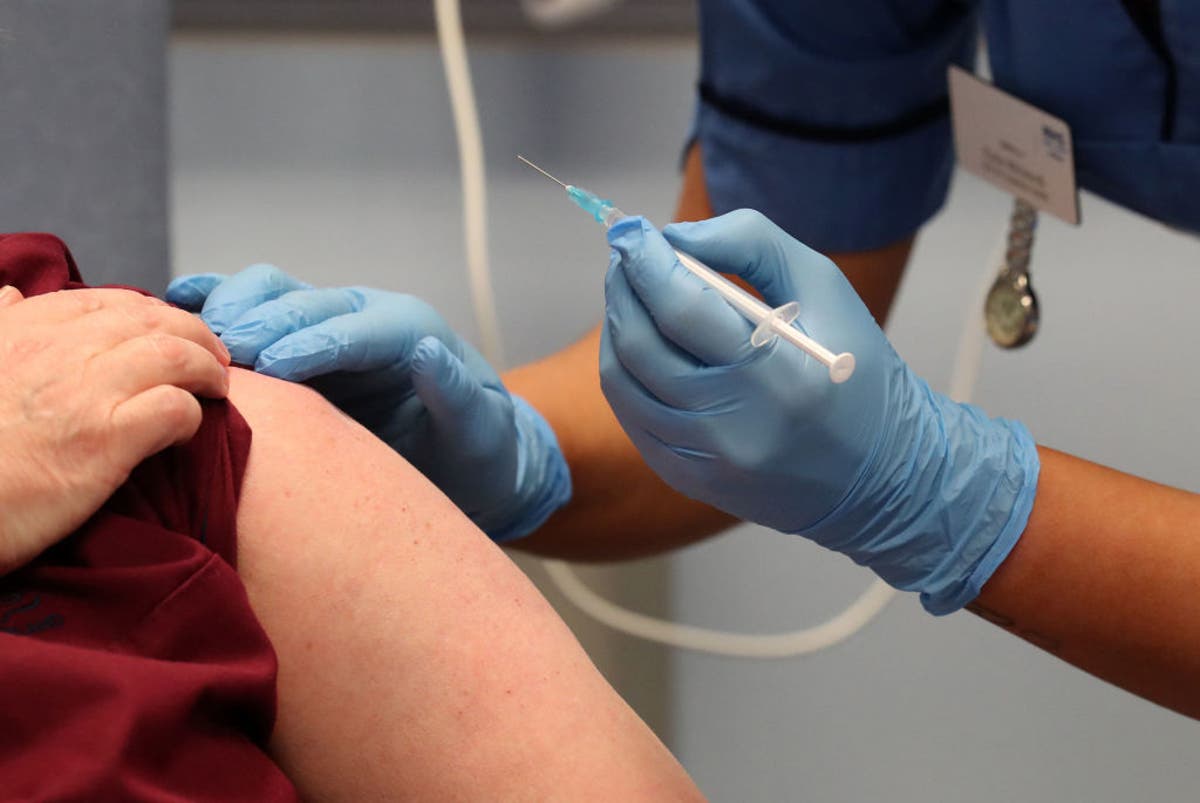AI is rapidly transforming various sectors, raising concerns about job displacement. New research, however, suggests some roles are less susceptible to automation than others. Analysis by Adzuna, utilizing data from Goldman Sachs and the OECD, identified jobs showing the least response to salary offers, implying continued demand for human labor.
These "AI-proof" jobs largely fall into two categories: those requiring specialized human interaction and roles emphasizing interpersonal connections. Dermatologists topped the list, with an average salary of £86,229 and a significant increase in job postings compared to the previous year.
Beyond medical specialties like dentists, veterinarians, and physical therapists, a number of blue-collar and manual labor positions also ranked highly. Plumbers, carpenters, laborers, lifeguards, and crane drivers emerged as potentially resilient in the face of AI advancement.
Crucially, roles demanding human reasoning and judgment, such as nurses, social workers, midwives, and museum curators, also appeared relatively secure. The findings contrast with the International Monetary Fund's projection that AI could affect nearly 40% of jobs over time.
The study highlights a potential future labor market where human skills, especially those involving complex problem-solving and interpersonal interaction, remain highly valued.







